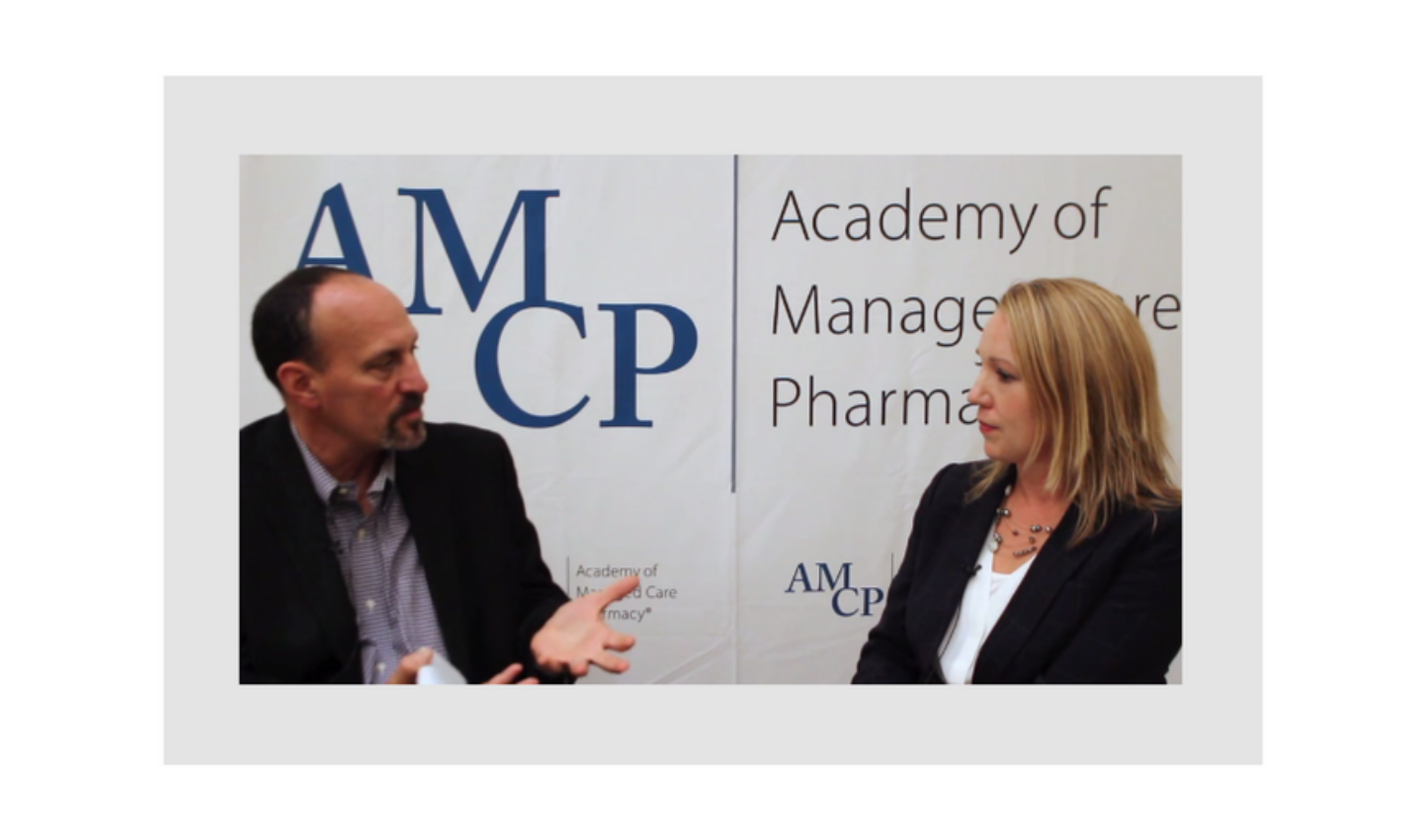A multidisciplinary-team approach, patient education and a plentiful supply of Naloxone is key to battling the opioid epidemic, UMass Medical School’s Kimbery Lenz, PharmD, tells Pharmacy Practice News.
Dr. Lenz is on the frontlines of the battle to prevent and curb opioid addiction, managing these highly-potent and potentially addictive pain medications as clinical pharmacy manager in UMass Medical School’s Office of Clinical Affairs. As part of her role, Lenz serves as a pharmacy leader for MassHealth, the Massachusetts Medicaid program.
In an interview with David Bronstein, Pharmacy Practice News’ editorial director, Lenz detailed the approach UMass Medical School uses to manage opioid pain medications for MassHealth.
A physician, a pharmacist and a board certified psychopharmacologist team up to review opioid prescriptions and reach out to prescribing doctors in cases where there is heavier usage of the pain medications. The team will discuss its concerns and talk to the physician about the treatment plans for the patient, she said.
The intervention can often lead to a better course of treatment, with evidence it has reduced the amount of opioids prescribed, as measured by morphine milligram equivalents, and generated some some savings as well, said Lenz, who is also an assistant professor of Family Medicine and Community Health.
“Sometimes what we see on paper from the health insurance side isn’t what the whole story is,” Lenz told Pharmacy Practice News in an interview taped at the Academy of Management Care Pharmacy annual meeting in Dallas – AMCP Nexus 2017. “Using that approach will drive the best patient member outcomes.”
Patient education is also critical, Lenz said, adding it is critical to set patient expectations in terms of medication and pain relief early on.
That might involve clinicians sitting down before surgery and having a frank talk with patients: “You are going to come out of surgery and you are not going to be a zero on a one to ten scale,” Lenz said. “You may come out at a five. My goal will be getting you to a two or three.”
The patient might be treated with Tylenol and Ibuprofen, “where appropriate,” with the option to request an opioid-based pain medication if needed, she said. “‘If you need that opioid, it is going to be there for you at this number,’” Lenz says providers can tell patients. “‘If you need more, call me.’”
Lenz also called for a big increase in availability of Naloxone, a drug that can block and reverse the effects of opioids and is often used to treat overdose victims. She said it should become standard practice to prescribe Naloxone anytime someone is prescribed a high dosage of opioids. She noted in Massachusetts that all pharmacies are required to carry a supply of Naloxone in stock.
“I don’t think we can get enough Naloxone in the communities,” Lenz said. “We really need to break down that stigma and accept it as a common practice.”

